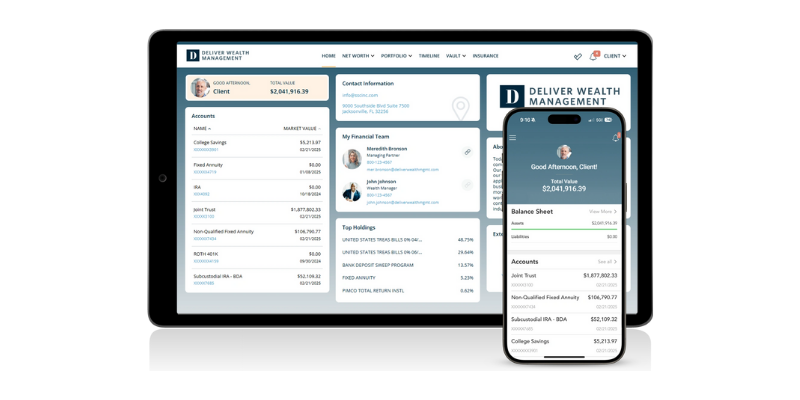When thinking about retirement, you should make sure to have a clear understanding of savings vs. income. When thinking about retirement, many think about a particular savings amount that they would like to reach. This type of thinking comes from how general purchases are made. If you want to buy a computer, you would save the amount of money that you would need to buy a computer. However, saving for retirement is not as easy.
The issue with retirement planning is that you do not know how exactly your investments will perform. You also do not know how long you will live. When thinking about retirement, many recommend that you have at least 70%-80% of your pre-retirement income. Considering that you might spend additional money on travel and leisure in retirement, only being able to spend 70%-80% of your pre-retirement income may not be comfortable.
You should carefully plan how you want to live in retirement so that you can determine the income that you need. Reducing your expenses on housing and transportation can positively impact your budget and give you more flexibility. Once you determine the income level that you will need, you should determine the approximate amount of savings that you will need. Figuring out your desired lifestyle is an important part of determining your needed savings and income.
Many individuals do not truly know how much money they would need to comfortably retire. For example, you are only supposed to withdraw 4%-6% every year of your savings for retirement. If you have $300,000 saved, you would only be able to withdraw $12,000 to $18,000. According to SmartAsset, the median average net worth for a head of household aged 55-64 in the United States is only $187,300. For many of them, Social Security benefits that average $1,354 is there only source of income. Considering the somewhat fragile state of Social Security, relying on Social Security for a significant part of retirement is not a good idea.
Many individuals planning for retirement today are planning to work in their retirement. The reality is that working when older can become difficult because of health issues. There is also a good amount of age discrimination in many companies. Obtaining a new job at 55 years of age is difficult. At 70 years of age, obtaining a new job can be nearly impossible. Also, if your spouse needs support, working in your later years can no longer be an option.
Another important point in determining your savings and income needs is determining what sort of housing you will want in retirement. One of the goals of many is to own outright a house or apartment. However, you should consider the interest rate on your mortgage. If the expectation of your investment returns going forward is greater than the interest rate on your mortgage, you should keep your money in your investments.
Another consideration with housing is the liquidity of your assets. If most of your money is in your house, you will not be able to use those savings for emergency income. You should also consider the riskiness of your investments. Many recommend extremely safe investments for your savings. Having all of your investment in riskless investments is probably not a smart choice if you are planning to live many decades after you retire. You should carefully consider your income needs. You should also plan for increasing healthcare costs as you age. Also, you should plan that as you age your mobility may decrease so that you will need to pay for additional expenses such as a stairlift that Medicare does not cover.




